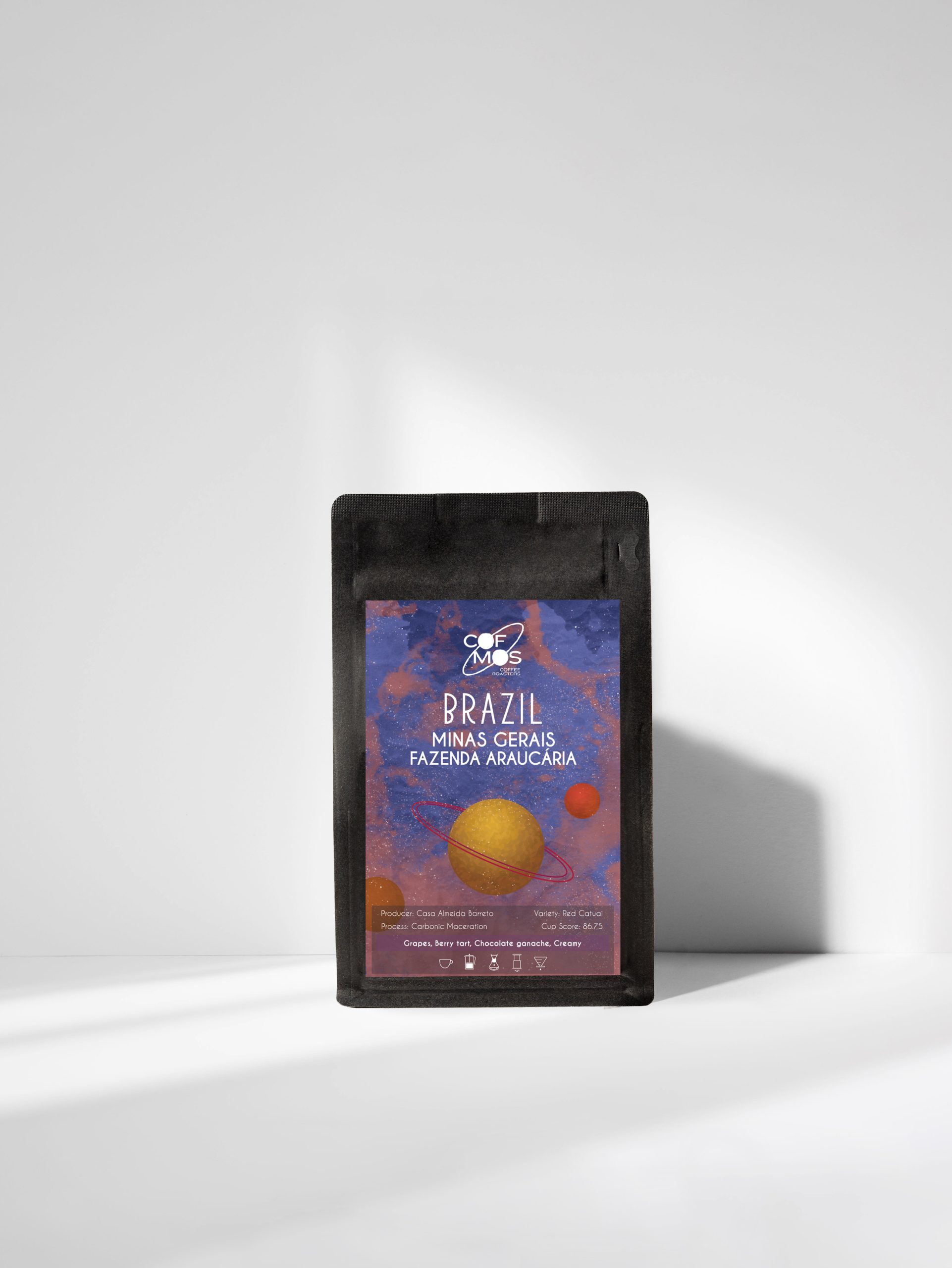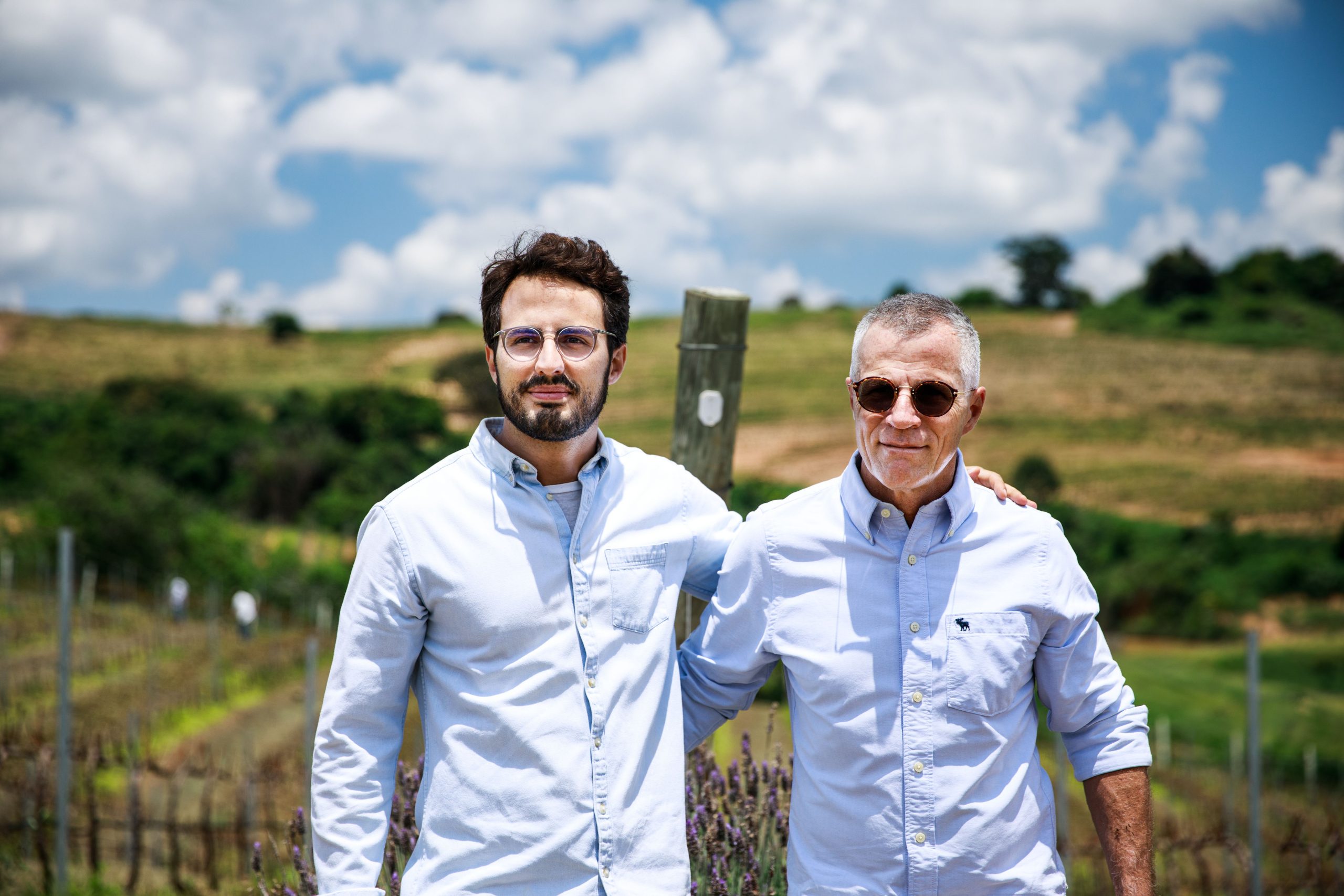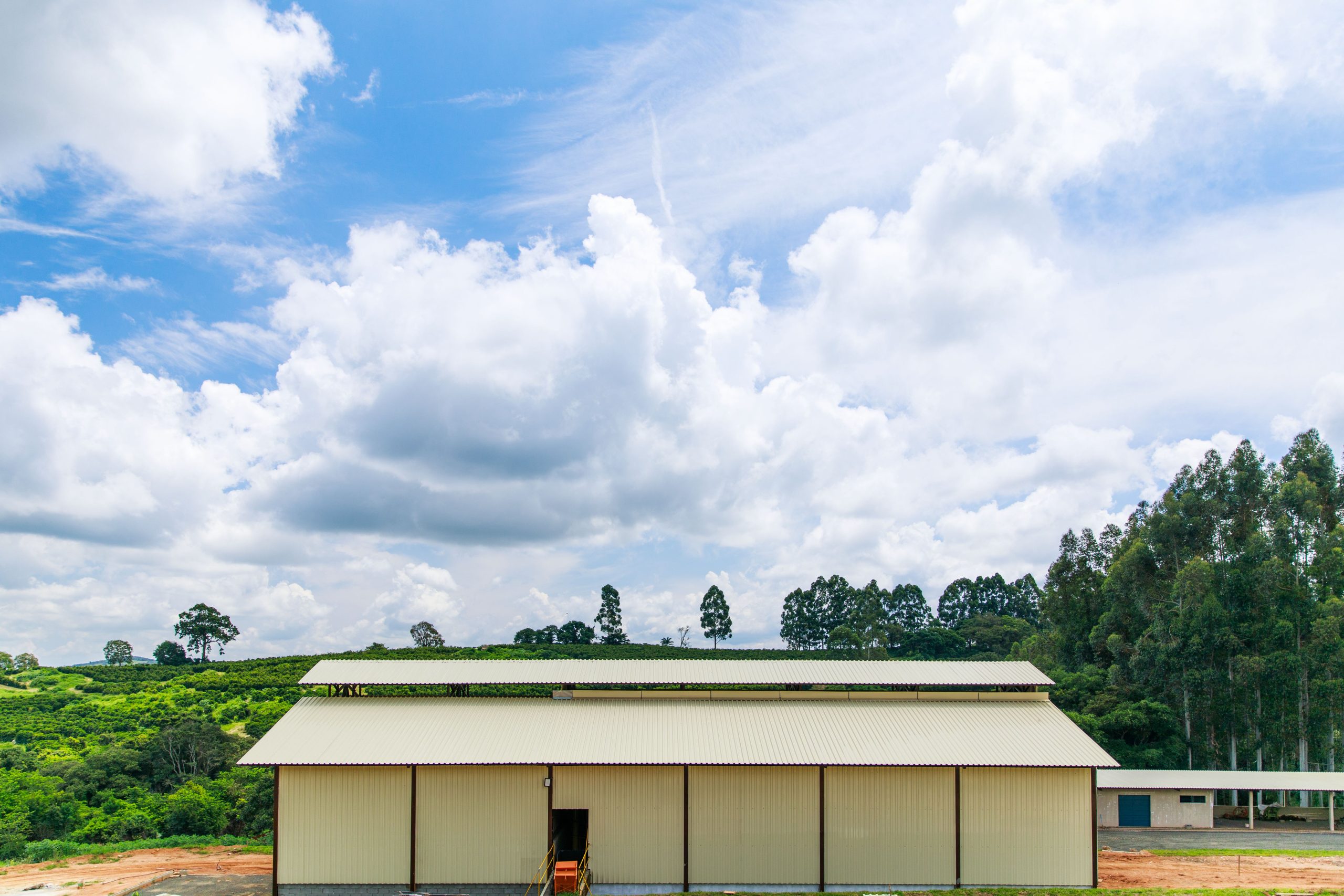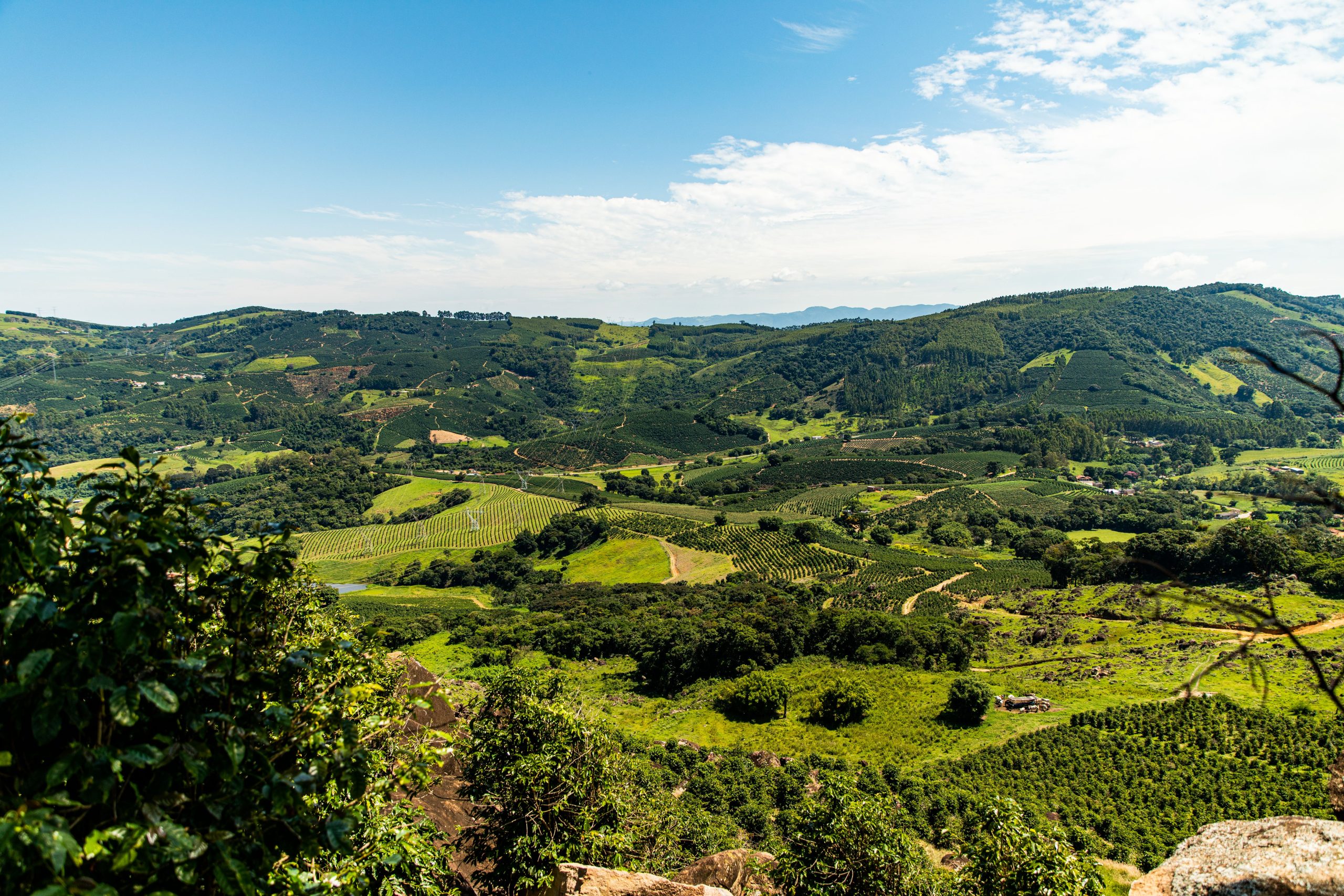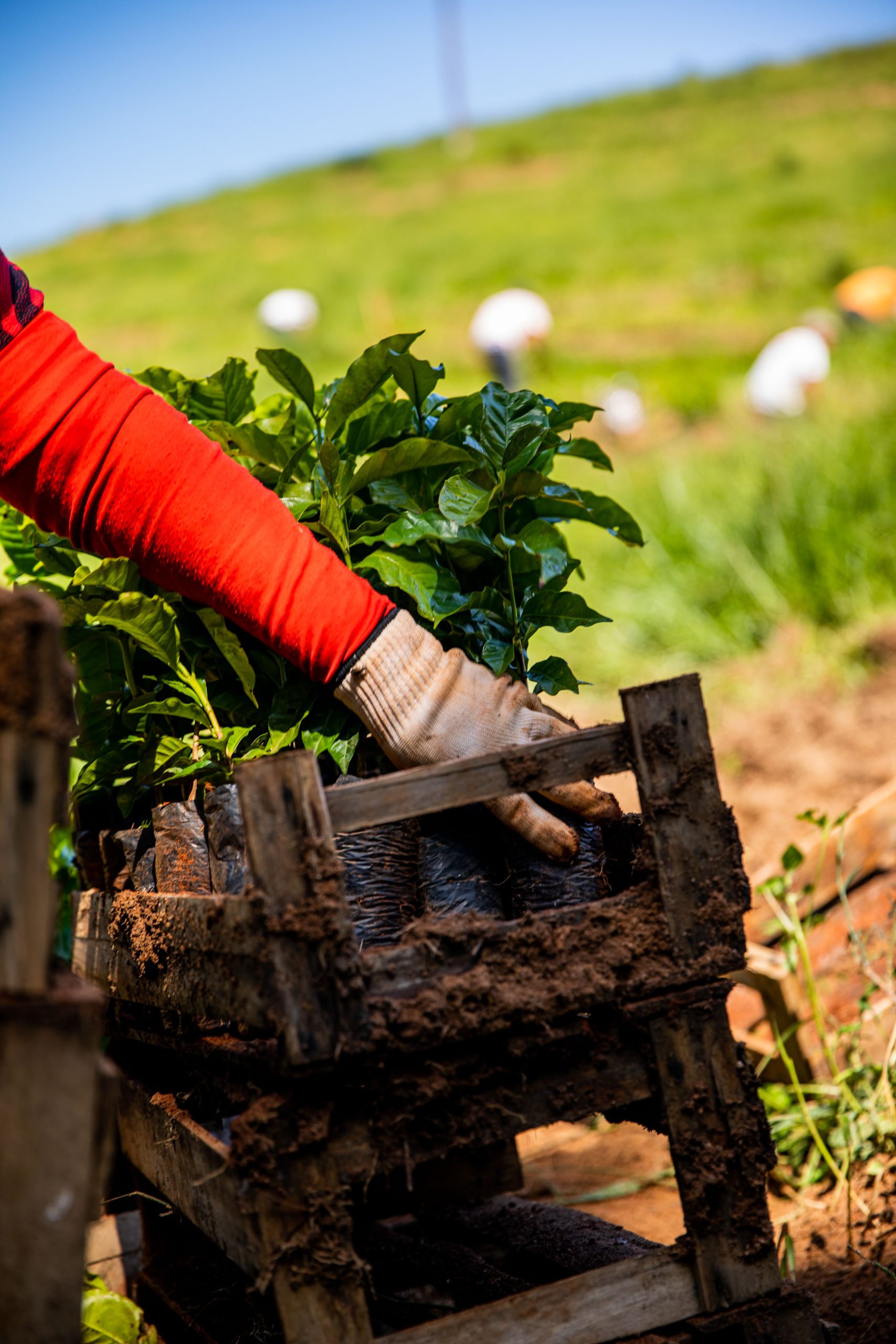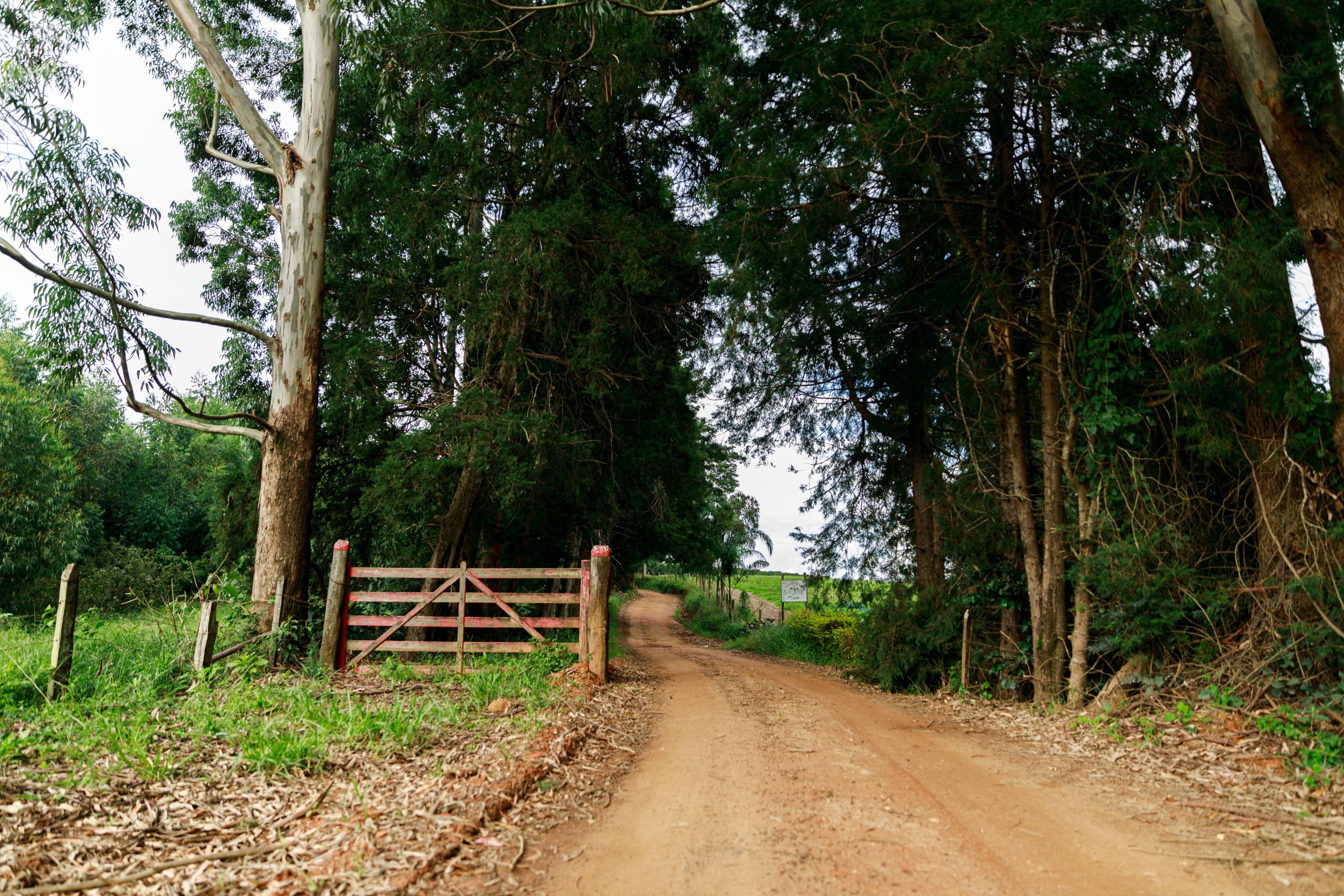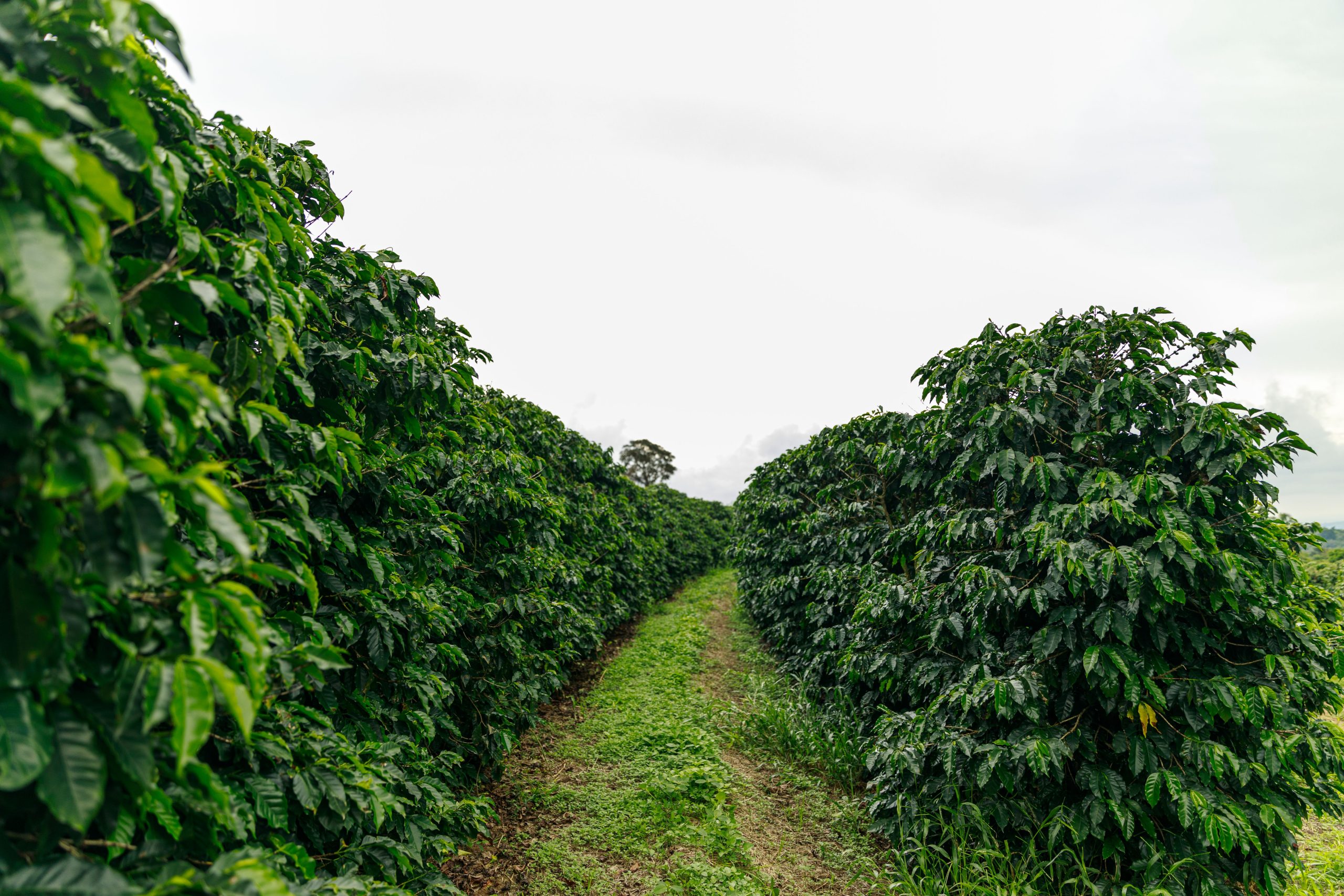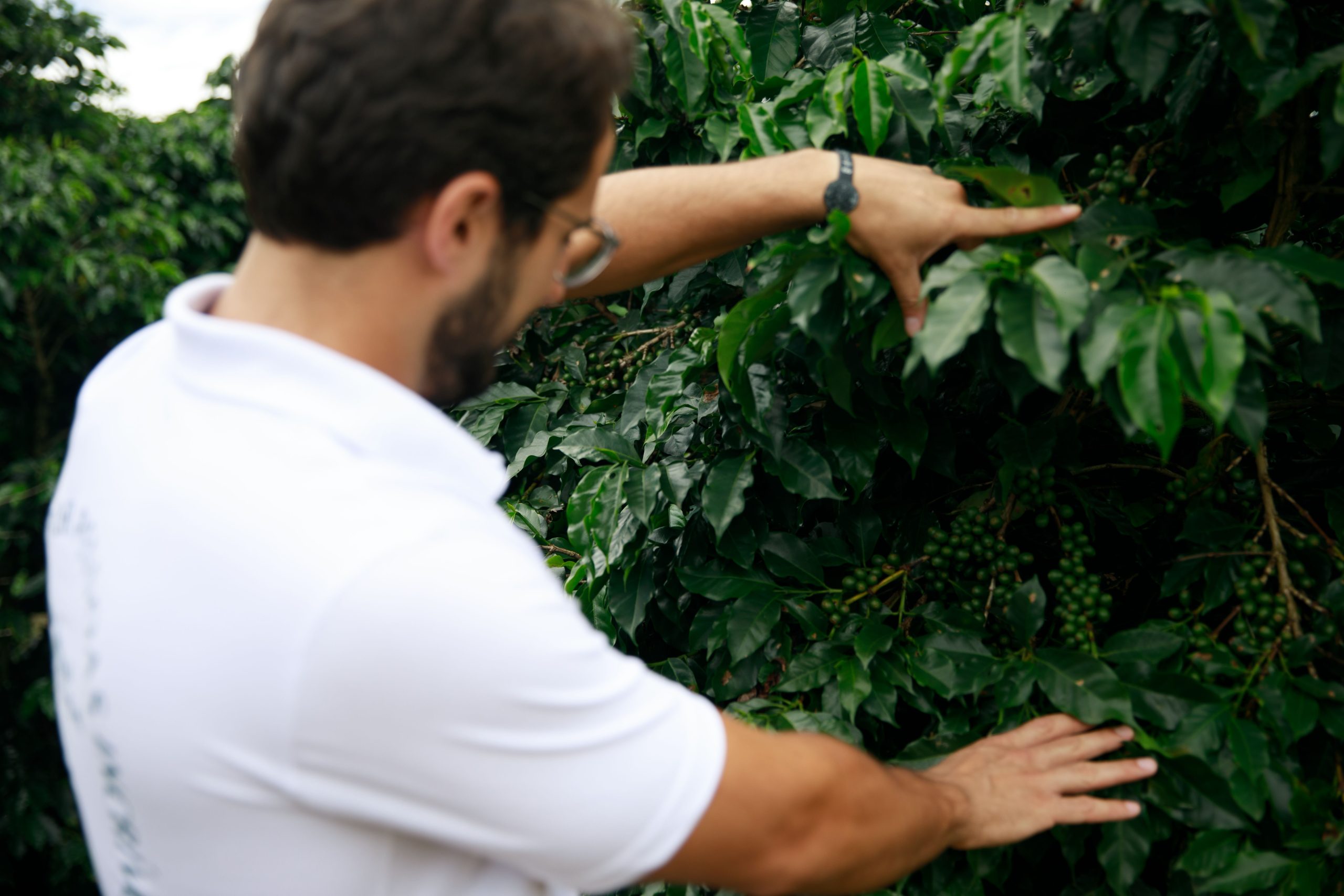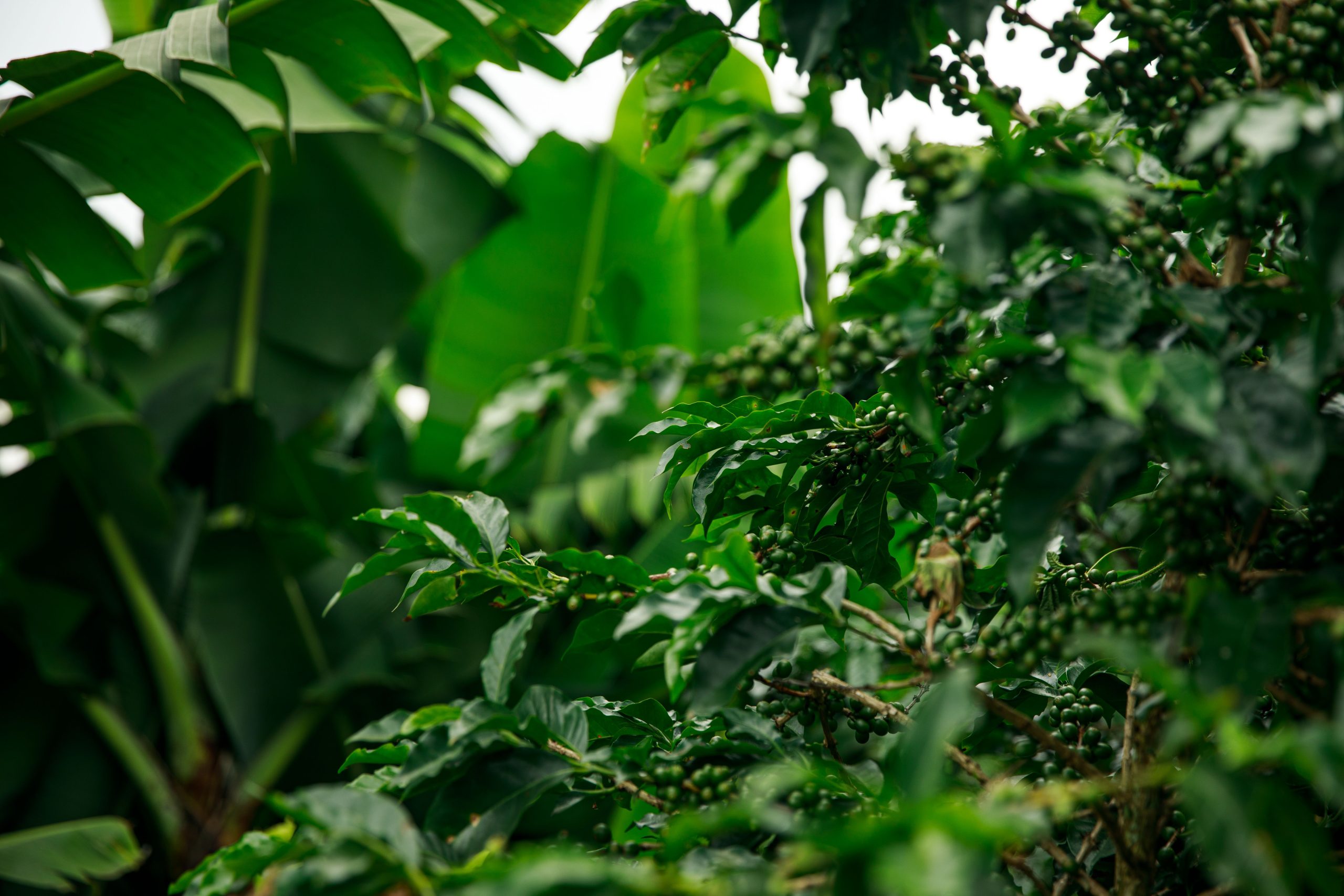Fazenda Araucária
Fazenda Araucária is located in Albertina, in the South of Minas Gerais, Brazil. The farm is at 1200-1300 masl, which is a quite elevated altitude for Brazilian farms. Such high altitude and sub‐tropical mountain climate contribute to the perfect maturation of coffee beans. During the harvest period (June to September), there is almost no rain. The days are warm and sunny, and the nights are cold, with an average 15 Celsius degrees temperature range.
Such wide thermal amplitude allows the plants to fully photosynthesize and produce their sugars during the day, while lowering their metabolism in order to allow the sugars and acids to properly mature and combine at night, creating a flavorful fruit.
One fun fact, this farm also grows grapes for making wine. The Farm is run by Gabriel Barreto, who is finishing his enology masters with the aim of also making the best wines in Brazil.
Variety
Red Catuai – is a cross between highly productive Mundo Novo and compact Caturra, made by the Instituto Agronomico (IAC) of Sao Paulo State in Campinas, Brazil.
The plant is highly productive compared to Bourbon, in part because of its small size, which allows plants to be closely spaced, it can be planted at nearly double the density. Plant’s shape makes it relatively easy apply pest and disease treatments. It is mainly characterized by great vigor and its low height.
Today, it is considered to have good but not great cup quality. There are yellow-fruited and red-fruited types, and have since been many selections in different countries.
The cultivar was created in 1949 from a crossing of yellow Caturra and Mundo Novo, and initially called H-2077. The variety was released in Brazil 1972 after pedigree selection (selection of individual plants through successive generations) and is in wide cultivation there.
Processing
Carbonic Maceration – The most ripe cherries, right after picked, are first washed to remove any impurities or dirt, and directly inserted into a stainless-steel tank that is usually used for winemaking.
The tank is sealed, and with a controlled temperature around 18ºC, we stimulate the coffee’s natural yeasts to ferment. Through a pressure valve, we control how much carbonic gas is being produced, and we let the coffees ferment at maximum carbonic pressure for 72 hours.
After the fermentation, the coffees are pre-dried on the patios under the sun for 5 days, and finish drying in mechanical dryers for 24 hours at 30ºC.

